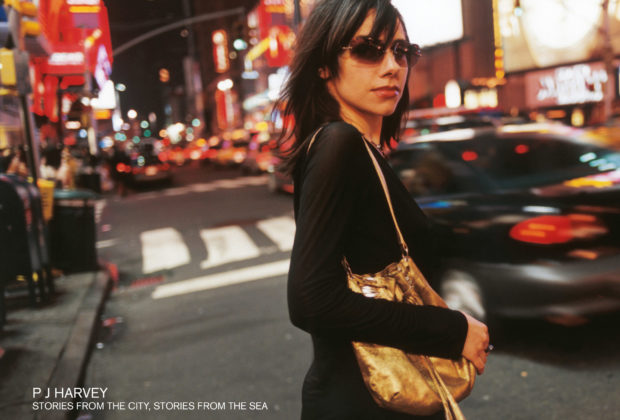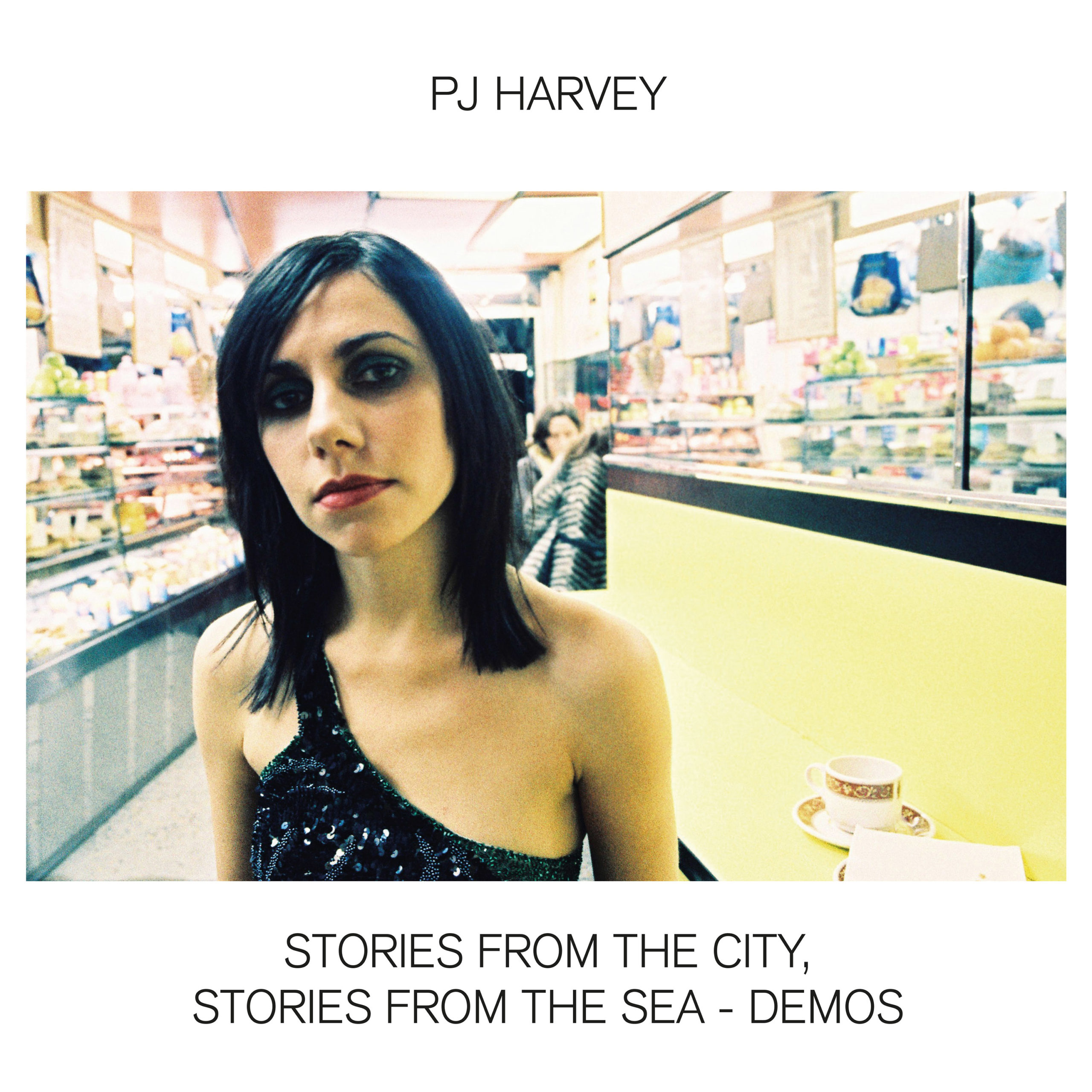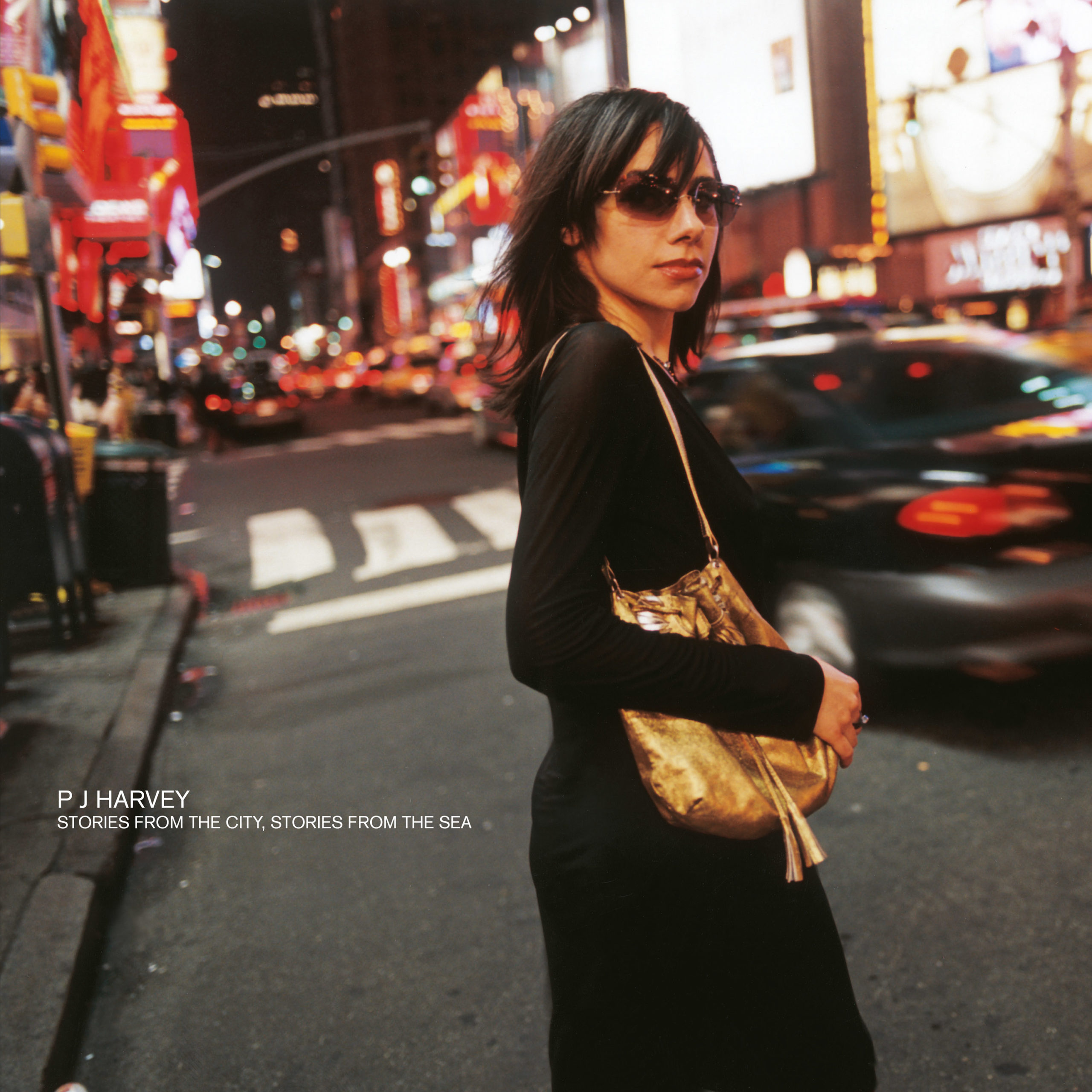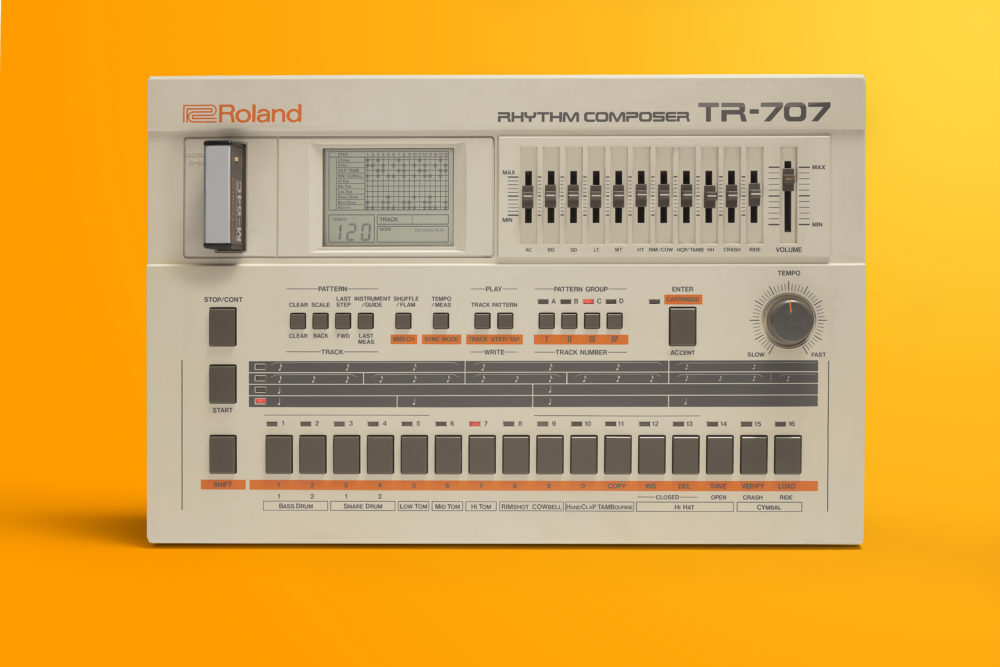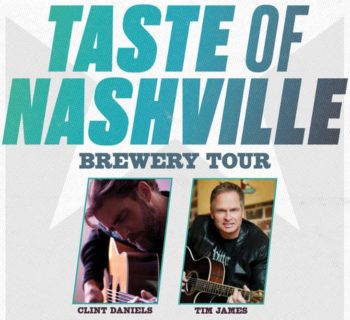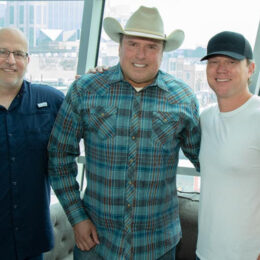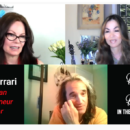On February 26, 2021, PJ Harvey announced as part of her ongoing reissue series, she will have a vinyl reissue of her fifth studio album, 2000’s Stories From the City, Stories From the Sea on the UMe/Island label. The release is accompanied by full restorations of the videos for "A Place Called Home," "Good Fortune" and "This is Love."
Disc coincides with Stories From the City, Stories From the Sea-Demos, a compilation of unreleased demos of every track on the album now available on CD, vinyl and digital formats. Audio has been mastered by Jason Mitchell at Loud Mastering under the guidance of long time PJ Harvey collaborator Head and features brand new artwork with previously unseen photos by Maria Mochnacz.
This summer I played Stories From the City, Stories From the Sea on compact disc, after Greg Franco, bandleader of Man’s Body and Rough Church discussed PJ Harvey’s catalogue with me, specifically, Stories From The City, Stories From The Sea, originally distributed on Island Records in 2000.
“PJ Harvey trusts her hips, in the same way that Little Richard, James Brown and David Bowie did,” suggested Franco. “Her songs have hypnotic rhythms you can move to. Her lyrics are always full of mystery and action. Her voice and other voices follow down only the most perfect trail of spine swaying music. PJ and her Stories stretch, tickle and pulsate emotional neurons. She has moved to New York City to make this record, she comes from a small town near the ocean, the tempo, the sights the smells are new, her heart pulse is rising, and there is a melding of her soul to yours,” underscored Greg.
“She speaks the exact language of heart and hips. You are in her spell, and now you have now become the music, and you heart is the drum, don’t deny her, she has you in her possession. This record is just one of many genius PJ records. I have seen the divine Ms. Harvey play many times, and she is always mesmerizing, shocking sometimes, Why not? She has to break through what is basically a man’s game. Since early in the 1990’s she has always been a magical performer that gives you everything she has to give. PJ is a fighter, a warrior of her craft. She commands her ship and sails it to all corners of the planet.
“PJ exposes our pain in an open and vulnerable way. From the music and her voice I feel her insistence and her persistence. PJ is not playing around about love; she makes it front and center in her existence. It is a brilliant record from a truly gifted artist. This lady has been setting her own place at the rock and roll table for 30 years now and now is making the most important records of her time,” he proclaimed.
PJ (Poly Jean) Harvey signed to Island Records since 1993, after heading a bass/drum and guitar trio in 1991. Stories From The City, Stories From The Sea earned her multiple accolades, including BRIT Award nominations for Best British Female Artist two years in a row, Grammy® Award nominations for Best Rock Album and Best Female Rock Performance and, of course, the Mercury Music Prize for Best Album. It reached number 23 in the UK Albums Chart and appeared extensively on end of year lists. New Musical Express declared it "A magnificent, life affirming opus," while Rolling Stone hailed the effort as “the best album of her career.”
In 2000 I interviewed PJ Harvey over the telephone in Hollywood about Stories From the City, Stories From the Sea, the production, songwriting, and the 12 tunes she penned. The material was developed and crafted during her six month stay in New York, and also reflects the influences of the English village Harvey resided in. Stories From the City, Stories From the Sea was produced and performed by Harvey, Rob Ellis & Mick Harvey, recorded by Head, and mixed by Victor Van Vugt.
PJ Harvey and Harvey Kubernik Interview
Q. Harvey talks to Harvey. Can I be in a band with you and Mick Harvey?
A. I think that would be smashing! We’ll have a trio going!
Q. How are you?
A. Everything is going well. I’m writing lots of poetry, actually, lately, for the last two or three years. One of the reasons I went to see some poetry readings in New York, because it’s very inspiring to me.
Q. You’re currently finishing a four month US tour opening for U2, after some solo club dates in late 2000. Is playing support or opening for U2, a different experience for you than headlining your own concert? Is the experience, or the songs being performed, a new challenge?
A. Oh, enormous differences. I mean for one, when you step out there every night you have no idea of what the audience will be like, and every night they’re different. Sometimes they’re really ambivalent, sometimes they can be hostile. Sometimes they’re a whole load of PJ Harvey fans down in front. You just don’t know. And so that’s quite exciting. I’m never quite sure what’s gonna be there for me. And it’s a real challenge.
We’ve been doing these shows for 2 and a half months now, and I found that unless myself and the band give absolutely 100 per cent for our 45 minutes every night, we lose the audience, no matter what. We have to give 100 per cent beginning to end, and then they’ll stay with us. And that’s not surprising they are here to see another band. But we’ve been playing really, really well, I think and that’s the only way people are gonna listen. And so it has been going down well. People are watching and listening and a lot of the write ups have been really good. It’s enormously different, but I haven’t changed the type of songs I’ve been playing that much.
We change the set every night and we play what we feel like playing. Some songs do work better than others in that huge space, and depending on how cavernous the venue is, and how bad the slap back is off the back wall, we’ll choose songs accordingly. In some ways in doesn’t make an enormous amount of difference, whether I’m playing in front of 50 people or 20,000, really. I guess it feels like everything had to become amplified a bit in order to cross the distance, the greater distance between yourself and the audience, both physically and you know, mentally, my crowd that have come to see me. I’ve liked U2 for years and years. I’ve loved their records.
Q. Your new single is “A Place Called Home,” and you’ve just done a video directed by Sophie Muller. How much does a song change for you when it gets translated into a video, or another medium like film. Is it ever a conflict for you?
A. Sometimes it can be hard. I often feel very attached to my demos where I first make them because usually the demos of the songs are made wherever I am and that song has been written very much influenced by where I am. For instance, I’m writing on the road now. I was writing just before I rang you. And this song I am working on will be very much to do with being here in Boston and everything that’s going on with me here. And sometimes I can’t let that go.
Sometimes I will actually put my demos across and work on top of them but I’m trying not to do that as much because as I’m getting older I’m getting less precious about things like that. Because I’m realizing that letting them go and move and change into something else can bring other things that are equally as good or better. It’s just kinda weighing up. Sometimes there’s a specific atmosphere that you don’t think you’ll recapture or know I won’t. In which case I’ll hang on to it, but otherwise I am quite prepared to let them change and tale their course.
Q. I know you work off demos, and then the songs get recorded. How much of the original feeling, and the birth of the demos, manages to get retained once you deal with other collaborators and musical layering? The demos are not really blueprints for you. They’re a little deeper than that, aren’t they?
A. Yeah, they are. I think there’s always an essence of the feeling with which the song was first written. I’m thinking back now to the recording of the last album. I always carry around with me extensive notes on the song, just reams of writing, just about how this song should be, what my feelings were when I wrote it, how it should be delivered. And I kind of just keep that very much in mind when I’m singing and playing the song again. I mean the way I did the last album as well I put down all the vocals and guitars before we did anything else. And once the vocals and the guitars were done I had the right atmosphere and the right passion for that song; only then did we put on drums and bass.
Q. Is it the writer in you, by putting on the guitars and the vocals of your lyrics for you by doing it first that way?
A. Yeah, it is. It’s like a safeguard because I know that the right essence is already there.
Q. When you wrote “The Mess We’re In,” a duet on the new album with Thom Yorke, did you early on think of him when you started to write the song as a duet?
A. Oh yeah! I wrote it with Thom in mind.
Q. What drew you to collaborating with Thom?
A. Well it’s Thom’s voice. That’s what brought me there. His voice is remarkable. Beautiful and very moving. And he’s the only male singer that was top of my list of people I would like to try singing with.
Q. As a record collector or a fan have you been a fan of duets?
A. Not really, I’ve never been a huge fan of duets. I don’t think they’re that special. I wanted to write a song that wasn’t a traditional kind of duet. It’s much more a conversation.
Q. You’re actively involved in producing your own albums. The new 12 tracks continue the teaming with Rob Ellis and Mick Harvey. Talk to me about the relationship Rob and Mick bring to your recordings. You seem locked in a groovy pocket with these guys.
A. When I’m producing my own material I do need sounding boards, and those people need to be people I trust explicitly and know that I’m on a similar wavelength or after a similar goal through music, or what we’re trying to do with it. So that’s what led me to Rob and Mick, because they’re my best friends, for a start; they are people I can become undone with and not be inhibited by. And people who are kind of a reflecting mirror, really, or people that are going to bend back my ideas and then I’ll listen to. If they say “No, I think that’s wrong, I think it should be like this…”
It’s got to be a combination of respect and honesty. Brutally honest. And they can be, you know, because we know each other so well. That’s not to say that I will work with them on the next record. I haven’t decided yet and it’s very good to work with people that come from the opposite totally angle. And people that maybe you don’t feel comfortable with and it’s worth trying everything.
Q. Your current recording was mixed by Victor Van Vugt. I’ve heard you are very involved in the mixing. Did you want the vocals to be really heard on this album?
A. Hmmm…Yes, that’s why I chose Victor because he is somebody who weighs heavily on vocals in mixing.
Q. Did you go into the recording wanting to showcase your voice a bit more?
A. I thought that these songs needed it. These are very much “a singer’s songs.” I think the words are very important and I felt that the words are some of the best I’ve ever written and I wanted every word heard.
Q. Does getting older add to the perspective of this record and the recording as well?
A. Of course it does, it changes everything. The same way that we change every day. Ya know, it’s getting older, moving through time, different experiences just means everything.
Q. Did you bring any new disciplines into creating this work?
A. I don’t know if you call it a “discipline,” but trying to stay more open. More open in terms of letting ideas come in, ideas at one time I would have completely disqualified immediately. “Oh no, I don’t do that.” Now I’m much more, “that could work…What if I try that, what if I did this?” More open to experimentation, I think.
Q. Do you do a lot of takes and attempts at songs? Do you do a lot of passes vocally when tracking songs?
A. No. I’ll do one or two takes, and if I haven’t got it I will leave it. Always. I always keep the first or second take. I hardly ever have to re-sing anything.
Q. How do you record your vocals? Do you sing in the control room or use an isolation booth? You don’t seem like you light candles and have to create an environment to record your voice.
A. No, I don’t sing in the control room. I don’t enjoy that. I always sing in a private space where people can’t see me.
Q. Has it always been that way?
A: No. During Is This Desire? I sang quite a few in the control room. It was like that on that record. Most of the time, and certainly for this whole record, I wanted to be somewhat private, and somewhere unseen that I could make it my space.
Q. Does the isolation booth, out-of-sight-line vocal recording help concentration?
A. Concentration is not the right word. I need to go right inside myself and to do that you just need a bit of space and a bit of time and you have to feel completely uninhibited like no one is watching you. I don’t need incense or candles, but I did need low lighting. And I did need warmth. I hate feeling cold. And I sang most of my vocals on this record with a beautiful view looking out across grass. That’s what I like best. I hate singing in a place without a window. Hate it.
Q. Have you ever done or cut songs without a lyric sheet?
A. Yes, I have.
Q. Do you wear headphones when you do vocals?
A. I do. I do all my work on headphones.
Q. Was it by design to return to the stripped down guitar-based sound of your previous albums? I also know there were a lot of things going on as far as layering of sound that I keep discovering on repeated listens.
A. I don’t think this new album is stripped down at all. It’s very complex, it’s got more instruments on it, I think, than anything else. It’s full or layers and layers of melodies. I think it’s quite complex. I think where the people think it’s simpler is actually in the songwriting. It is very simple songwriting and it’s gone back to simple structures and forms.
Q. You seem so happy and content with your life, music and performing on stage. I know you’ve mentioned that touring and playing the songs in concert makes you “whole.” Does the music or this new record feel therapeutic?
A. No, it never feels therapeutic, ever. I don’t look at it as some sort of therapy or never have. Writing the songs does not heal me, it’s something I have to do and am driven to do. And it gives me degrees of satisfaction or a feeling I’m doing something worthwhile. But it doesn’t heal me, no. But yeah, I am as a person in a lot better state than I was three years ago. It’s just life. It’s just living, it’s greater experience, it’s getting older and it’s what happens to everyone, as far as I can see.
Q. And the concerts and performance. It makes you “whole?”
A. Yes. Live performance is maybe the most important part of what I do. I feel, because it’s very much a connection. It’s a connection with the root of the music when the music is not tied down. It just moves through space and then it’s gone. And that’s how I like it best. And it’s an enormous connection with people. I see exactly there and then how this music is affecting these people and they give me back an energy that I can then put into the music, and it’s just a really wonderful feeling.
Q. Has your writing process changed at all in the last few years? Are you using a computer to write? Do you write by hand? Pen or pencil? Typewriter?
A. I use a pencil and paper. I don’t have a computer. I don’t have email. So, yes, I’m very old fashion. I have bits of paper flying around and an eraser and a pencil. And that’s how I write.
Q. Do you do a lot of revision or editing in the drafts of your work and songs?
A. I write an enormous amount of prose. Huge amounts every day. Whatever paper is around. Tons of it. From that I might find something within that. I might find a poem. I might find a song. I might find a poem that becomes a song. I might just find a piece of prose writing. And sometimes I might not find anything. It might just stay as ramblings that I might read again in 10 years time and think “what a load of rubbish.” That’s where it all starts. It’s just from writing and that’s something that I do every day.
Q. When you do the initial drafts, and some things emerge as songs, do you even have places where verses and a chorus become obvious?
A. No. Often not. And you see, sometimes I still will write songs totally separate from all of my prose writing. Sometimes songs will come only with a piece of music when you’re sitting there playing and words will come with that that have nothing to do with anything I’ve written before. “A Place Called Home” was a song like that, actually.
Q. During your stay in New York, you attended some poetry readings. Did the readings or events have any influence on the writing, the words on this new album? I’m thinking the more direct narrative approach on some of the tunes.
A. I’ve been writing poetry quite a long time before I started going to those poetry meetings. I had been writing quite a lot and in some ways I was going to those meetings to have something to compare with what I was writing. So I went to sorta, somehow, put mine in perspective. I wouldn’t say that it really influenced my own writing as much as getting a handle on where my writing is at in the schemes of things.
Q. Do you title the songs when you first write them? And do the titles often stay when they are put on tape?
A. I do title when I make a demo of them.
Q. Is it restrictive, or locked in, or do you like it that way?
A. Sometimes it might just be so I have a reference. It might just be a loose title and yes they can change, and titles still may change while I’m making the record or when we’re doing the artwork for the record. The only thing that wasn’t titled this time was the album (giggles). That wasn’t titled until we were doing the artwork, and we had to have something to go on. And that was quite unusual for me. I know what an album is called sometimes before I know what all the songs are.
Q. What did New York do to you to empower this new material and the album?
A. I think, like all writers, I’m very influenced by my surroundings. New York was just extremely exciting, vibrant, inspiring, beautiful, I thought the landscape…I could just look at that city for ages, the layout, the landscape, the smell, everything was so unusual, and foreign and beautiful to me that I was just flooded with new words. To walk around and to look at things, words come to you. Words of description, to try and describe the feeling. So, new words were coming ‘cause I was describing things I hadn’t seen really before.
Q. Did the “New York stimulation” even drive you to be more specific in detail?
A. Yes, it did. It definitely did. That’s because I was writing more poetry. I’d been writing poetry for a year before I went to New York. In New York it really got a foothold, and I was reading a lot of poetry, and started going to those poetry meetings and became confident enough to start being specific, site specific, ya know. It took me that long to feel confident enough really to do that.
Q. Did the words on this album have to hold up on the page before you brought them into songs and audio?
A. Definitely. I think more so than ever with this record. And the first time I even began to want to work on the page was with this. Before that I didn’t think about that at all. Not with Is This Desire? but particularly this one. Yes, I needed it very much to work on a page and to read.
Q. And what did the sea side and the English village do to nurture and develop the album?
A. I think because the sea and the country is very familiar to me, it’s usually a place when words or songs or poems come to me. It deals more with emotions rather than observations of physical things, if you like. The kind of “go inside me” a lot more, look around in there as a landscape, because the landscape around me is so familiar.
Q. Do you ever censor yourself lyrically or in the words when it’s time to put records out? You run down some scenes on this album. Topics describing rooftop romance and sex.
A. All the time. All the time. When I’m writing songs I usually start off with loads more impulses. As I’m working through the song I just “take away” “take away” until I’m left with something I feel comfortable with. But I’m always thinking, “don’t want to say that,” “that’s too much, that’s too strong,” “that’s too limiting” for other people. You know, “that’s not letting people in because it’s too specific” or in things like that.
Q. And does this extend to the live show?
A. Do you mean playing older songs?
Q. Yes.
A. I choose them accordingly and it changes all the time. Like some of the old songs I play now I’m playing because I feel I’m able to. There are many of them that I couldn’t sing anymore and feel like they were part of me. Songs I wrote 8, 9 or 10 years ago those words don’t ring in me anymore.
Q. You let people into the recording.
A. Yeah, I did. Because I wrote something that I was really trying very hard to do and something that I still don’t think I do well enough. But it’s being able to write obviously personal emotions and experiences, but leaving it universal. Keeping it a universal experience, too. There’s not many people that are as open, I think, with what they have to say. I think that I just openly say in a kind of honest way, as honest as I can, what I need to say and don’t worry about what the consequences might be or what other people might think. I just do what I feel I have to do. Maybe I just feel things a bit differently. I don’t know.
Q. You don’t really insert people’s names in the texts and eventual songs?
A. No. But it’s still something I don’t think I’m good enough at and it’s something I work towards.
Q. Are your songs, in original draft, always dramatically longer before they are carved and put into the recording and music process?
A. Yes. They are always a lot longer.
Q. Did you labor on the sequencing on this new album? Were tunes placed to open and close the album?
A. Sequencing always takes time. The one that took longest to sequence ever forever was To Bring You My Love. Just took months I think. This one is relatively painless. It did take a long time, but it wasn’t so bad.
Q. What are you reading at the moment?
A. I’ve been reading a lot of Raymond Carver. I’m reading Baudelaire, I’m reading The Bible, I’m reading a book, Songwriters On Songwriting. (Paul Zollo). I’ve been reading a Russian poet Osip Mandelstam. Really like his work. That’s pretty much what it’s been lately.
Q. What about records? What are you listening to?
A. Right now I’m playing a lot of Kristin Hersh, her latest album, Sunny Border Blue. It’s the first album of hers I’ve ever liked. I’ve never liked her stuff before. I’m playing the Slits, a lot of Vincent Gallo’s solo work. I’m playing Beefheart and Bob Dylan. They come with me everywhere. The Dylan albums I’ve brought with me are Blood On The Tracks, Desire, and Oh Mercy. Rolling Stones. Tons of Rolling Stones. Bonnie Prince Billy. Queens of the Stone Age, top of my list right now. Harvey! I got to run to sound check right now.
Q. Then I’ll see you on your next tour.
A. That would be great. Bye!
Harvey Kubernik is the author of 20 books, including Leonard Cohen: Everybody Knows, Neil Young: Heart of Gold, Canyon Of Dreams: The Magic And The Music Of Laurel Canyon, 1967 Summer of Love, and Turn Up The Radio! Rock, Pop and Roll In Los Angeles 1956-1972.
Sterling/Barnes and Noble in 2018 published Harvey and Kenneth Kubernik’s The Story Of The Band: From Big Pink To The Last Waltz. For October 2021 publication the duo wrote Jimi Hendrix: Voodoo Child for Sterling/Barnes and Noble.
Otherworld Cottage Industries in 2020 published Harvey’s book, Docs That Rock, Music That Matters, featuring interviews with D.A. Pennebaker, Chris Hegedus, Albert Maysles, Murray Lerner, Morgan Neville, Dr. James Cushing, Curtis Hanson, Michael Lindsay-Hogg, Andrew Loog Oldham, Dick Clark, Ray Manzarek, John Densmore, Robby Krieger, Travis Pike, Allan Arkush, and David Leaf, among others.
Kubernik’s writings are in several book anthologies, most notably The Rolling Stone Book Of The Beats and Drinking With Bukowski.
This century Harvey wrote the liner note booklets to the CD re-releases of Carole King’s Tapestry, Allen Ginsberg’s Kaddish, Elvis Presley The ’68 Comeback Special and The Ramones’ End of the Century).
During 2020 Harvey Kubernik served as Consultant on the 2-part documentary Laurel Canyon: A Place in Time directed by Alison Ellwood. Film’s debut broadcast was on EPIX television.

